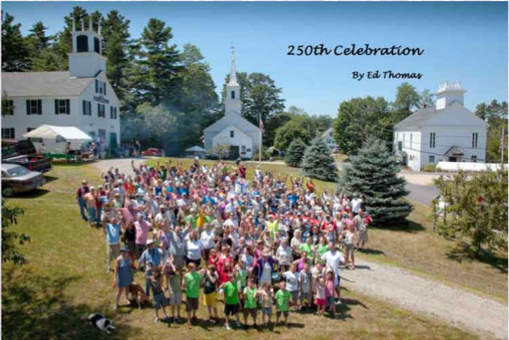Please note that the Community Website for Marlow, New Hampshire has been retired and is no longer being updated (as of 2025).
Please look for newer resources via the Official Town Website and Facebook.
I LIKE MARLOW on Facebook
The Marlow NH Post on Facebook
Marlow Town Library on Facebook
Marlow Odd Fellows Lodge #69 on Facebook
Marlow NH Historical Society on Facebook
Marlow United Methodist Church on Facebook
Marlow Fire & EMS Department on Facebook
Aaron's Specialty on Facebook
Marlow has an Official Town Website where you can find forms and documents,
information about town departments, board minutes and more at https://www.marlownh.gov/
You can also keep up to date by following the Town of Marlow, NH official Facebook page.
A bit of history
This town, a largely undisturbed agricultural community on the northern
border of Cheshire County, is the prototype of a Yankee rural
village.It was granted in 1753 under the name Addison, in honor of
Joseph Addison, British essayist and poet, and Secretary of State for
England, who signed the appointment papers making John Wentworth
Lieutenant Governor of New Hampshire under the jurisdiction of
Massachusetts in 1717.
Although there are persistent rumors that Marlow is named for the English poet, Christopher Marlowe, it seems more likely that, like many New England towns, Marlow is named after a place and the name "Marlow" recalls Marlow, England. Perhaps some of our early settlers came from that region.
A New Hampshire source supports this view: New Hampshire: A History, Resources, Attractions, and Its People volume 1 by Hobart Pillsbury. He wrote, "It was re-granted in 1761 to William Noyes and others and named Marlow after an English town" (Pillsbury, p 234). Genealogical research on the origins of Marlow's settlers might shed light on the issue.
Although there are persistent rumors that Marlow is named for the English poet, Christopher Marlowe, it seems more likely that, like many New England towns, Marlow is named after a place and the name "Marlow" recalls Marlow, England. Perhaps some of our early settlers came from that region.
A New Hampshire source supports this view: New Hampshire: A History, Resources, Attractions, and Its People volume 1 by Hobart Pillsbury. He wrote, "It was re-granted in 1761 to William Noyes and others and named Marlow after an English town" (Pillsbury, p 234). Genealogical research on the origins of Marlow's settlers might shed light on the issue.


The picturesque village center, with its white church, Odd Fellows Hall, Town Hall and lily pond is one of the region's most photographed scenes and often the subject of an artist's brush. Marlow is the site of many marks of glacial action, and minerals are still found here. A woodworking industry once used the water power of the Ashuelot River to produce tools, furniture and wooden buckets from lumber cut nearby.
Join the I Like Marlow and/or The Marlow NH Post groups on Facebook
![]()